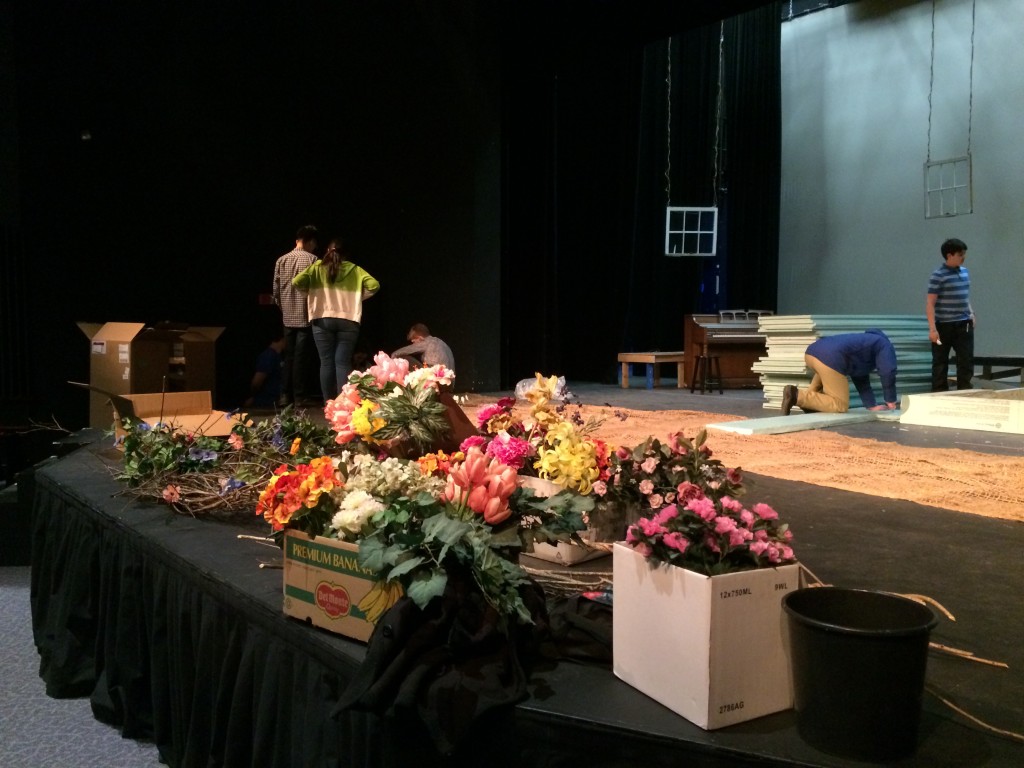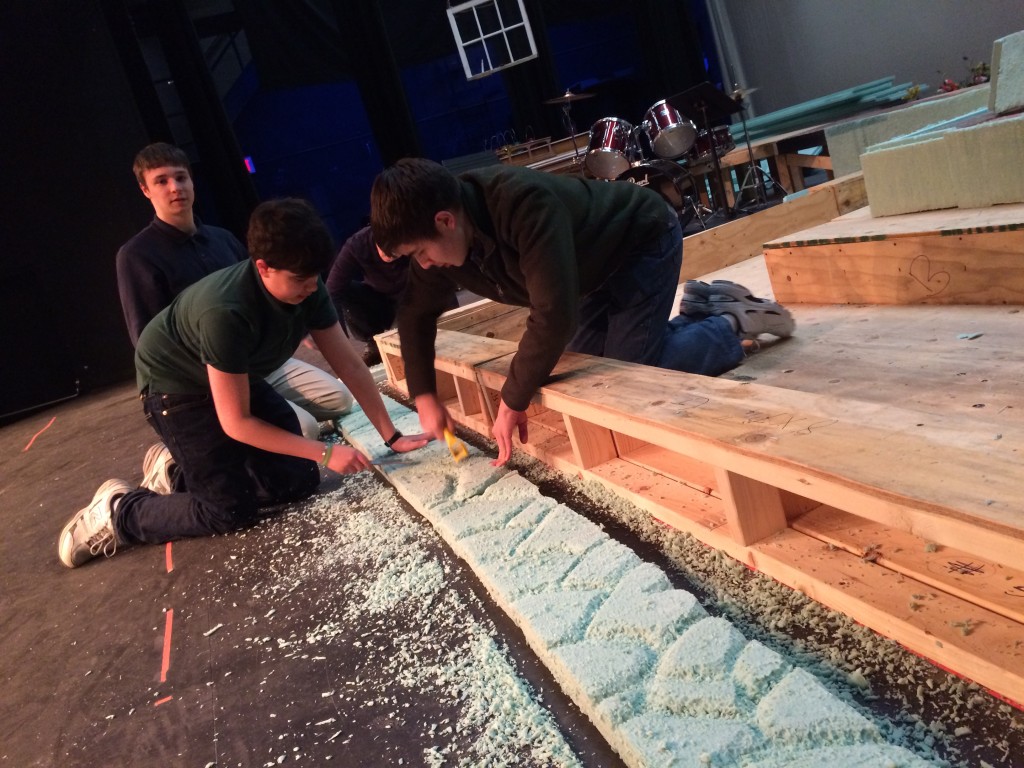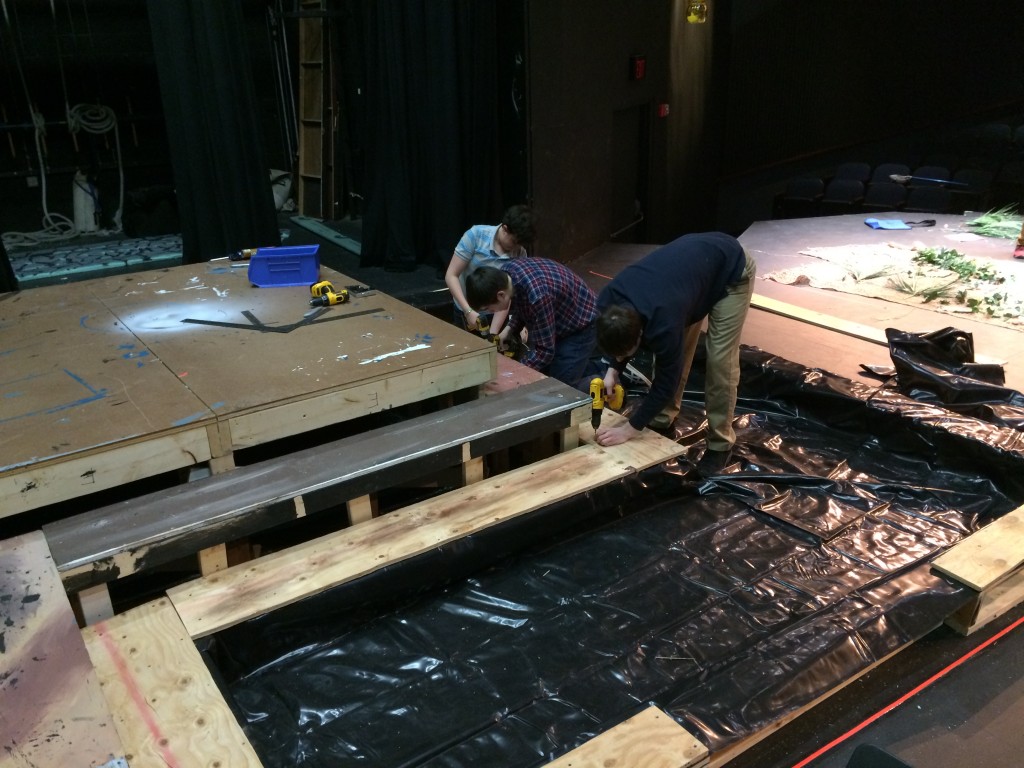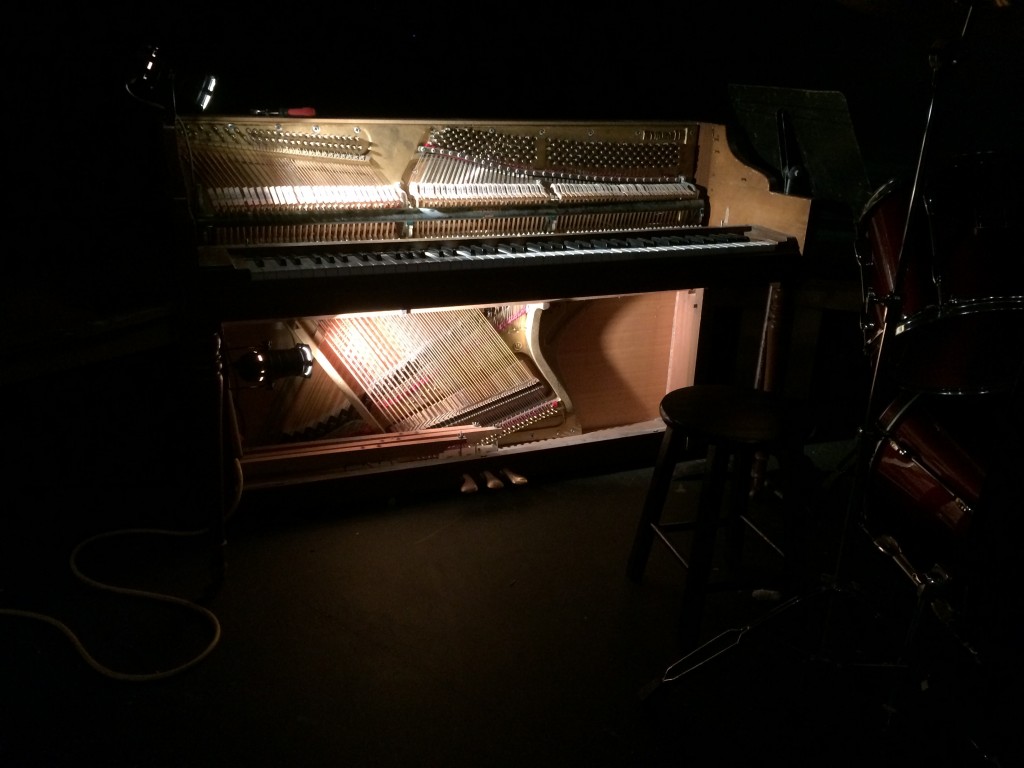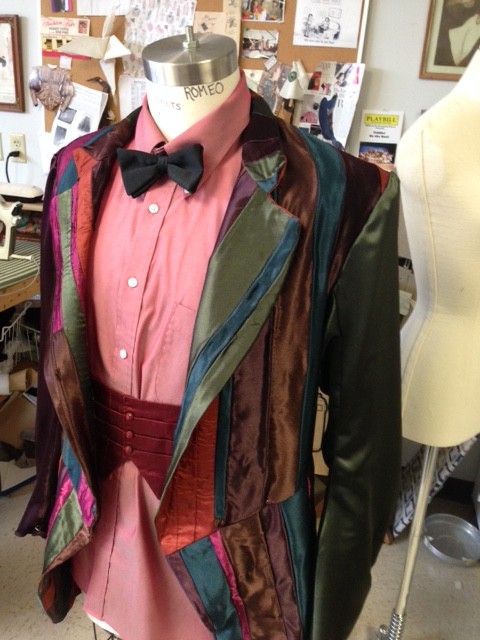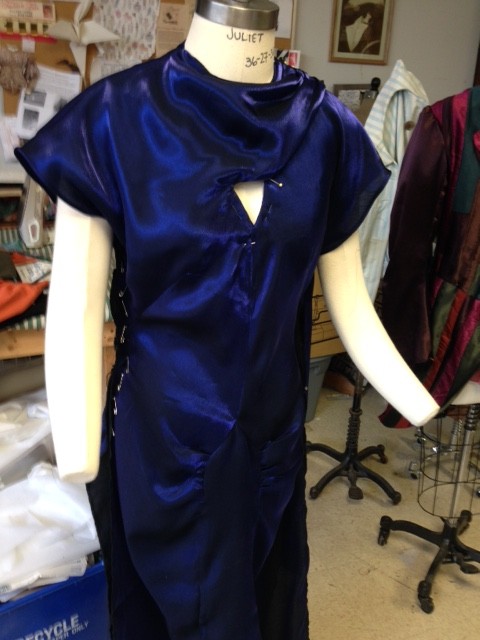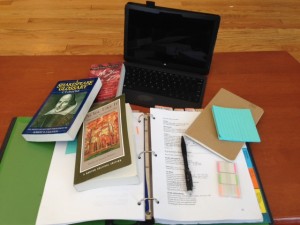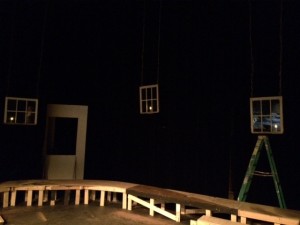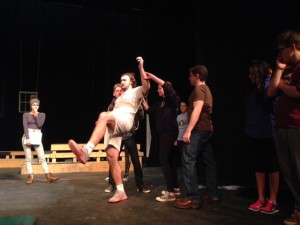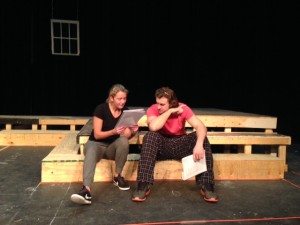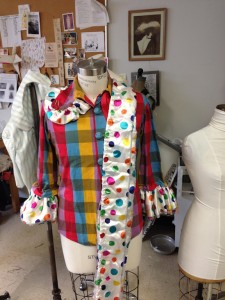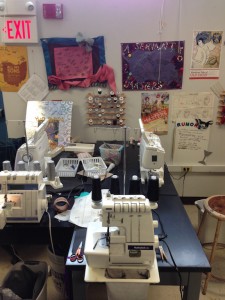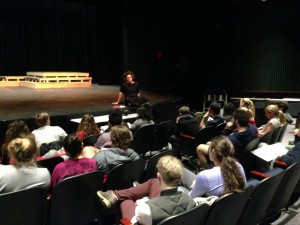We opened the show last week to packed houses. It was thrilling to see our audiences get excited about Shakespeare. I hear the play may have even inspired a few students to try their hand at acting.
As I was chatting with one student after the show he said, “Emily, I really liked it.” He paused. “May I make a comment though?” “Of course” I answered. “I found the play really sexist.” And thus began a truly amazing conversation. I told this student that I absolutely agreed with him. It is sexist. The fact that (spoiler alert!) Phebe has to marry Silvius against her will and that Rosalind greets her father and soon-to-be husband with the phrase, “To you I give myself, for I am yours,” is difficult to swallow in 2015.
There are plays, once considered progressive, that would be divisive if put on the stage today. Some consider West Side Story to be one: a play well-beloved, but in its original form portrays ugly stereotypes. Luckily, composer-lyricist Lin-Manuel Miranda, of In the Heights and Hamilton fame, rewrote much of the play to include contemporary portrayals of Puerto Ricans grounded in truth. We do not have such luck with Shakespeare, whose plays are stuck in a time when women were not even permitted to go to the theatre alone, lest they be mistaken for prostitutes. It’s shocking to look at what happens to Phebe at the end of As You Like It and consider Shakespeare progressive, but he was for his time.
Countless scholars have devoted themselves to analyzing sexism in Shakespeare’s plays. Their results are all over the map. Some scholars are certain Shakespeare was challenging the status quo, others feel he was poking fun at progressives who dared to believe that women could hold more power. I choose to believe the former.

While what happens to Phebe at the end of the play is less than ideal, I take my cues about Shakespeare’s intentions from the rest of the play. Shakespeare chooses to put a female at the helm of As You Like It. Rosalind takes her future into her own hands and schools her potential life-partner in the ways of a true lover. To take things a step further, Shakespeare marries two men onstage (Ganymede and Orlando) and gives a man (Ganymede) the line “I [love] no woman.” While the audience knows Ganymede is Rosalind in disguise, the characters in the scene do not. All of this points in the direction of Shakespeare challenging the status quo. Can a woman be in charge of a relationship? Can two men fall in love? Shakespeare answers yes.

This does not negate that Phebe is forced to marry a man she does not love. It’s upsetting. This doesn’t mean we shouldn’t do this play. Not only does it offer so much other food-for-thought, in shying away from problematic plays we close ourselves off from difficult conversations. We should take the opportunity to begin a dialogue about sexism in Shakespeare, in contemporary theatre, and in the 21st century as a whole. There is a difference though, between problematic plays and plays that purport repugnant ideas about gender, race, and sexual orientation. Those ones, as far as I’m concerned, should never see the light of day.
We still have three more performances to go. If you haven’t had a chance to see the play, or want another shot, visit our website to reserve your tickets.



